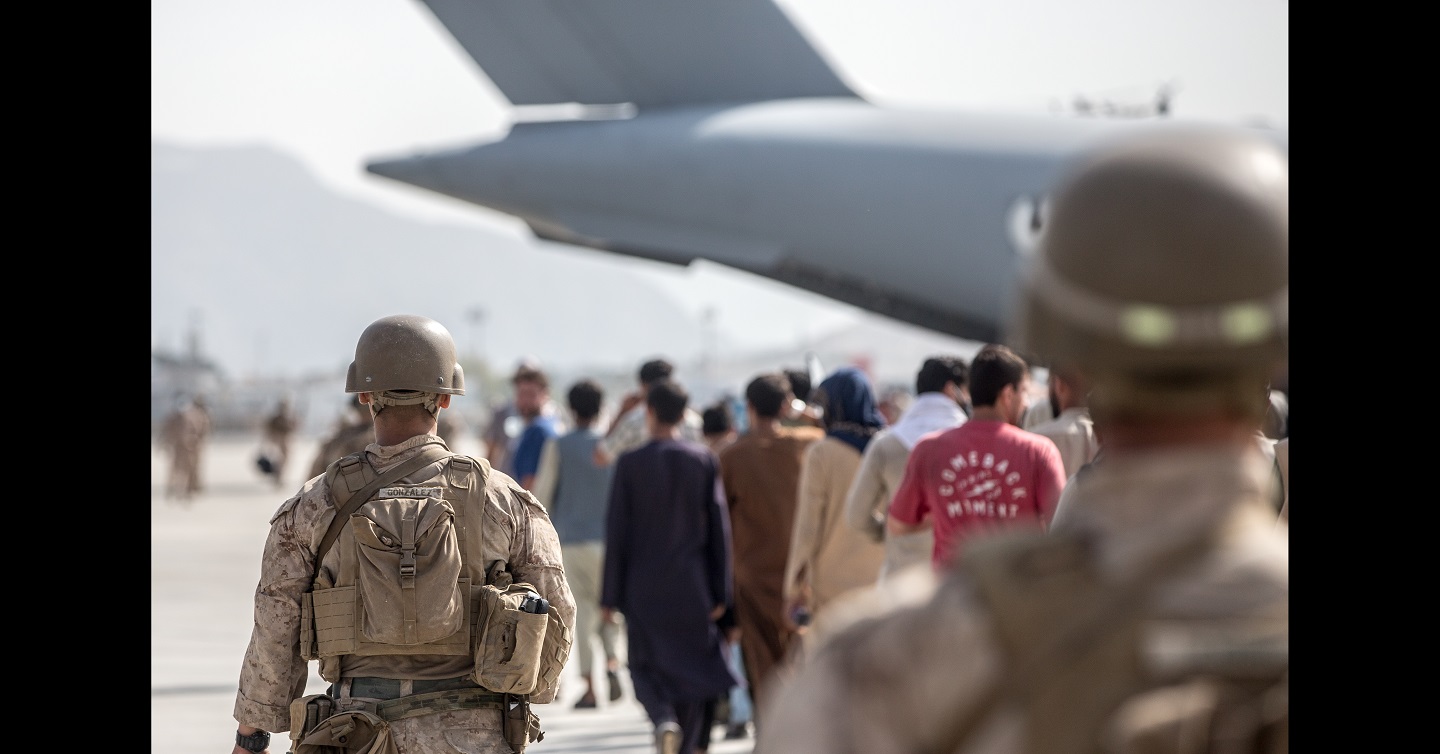
As the situation in Afghanistan has unfolded in the last several weeks, many have questioned how the collapse of the country could have happened so quickly. Daily press releases reported the steady march of the Taliban across the country capturing major population areas, often with little resistance from the Afghan military. As expected, pundits have looked to place blame for the U.S. administration’s failure to anticipate the speed of the deterioration of order. Most often the finger was pointed at intelligence. A BETTER PEACE welcomes James Clapper, former Director of National Intelligence, to offer his thoughts on the abilities, strengths, and shortcomings of the intelligence community. He joins host, Genevieve Lester in the virtual studio to take a realistic look at the part intelligence played in the Allied withdrawal from Afghanistan.
We have historically underestimated the will to fight of our adversaries and overestimated the capabilities of those we’re supporting.
Podcast: Download
Subscribe: Apple Podcasts | Spotify | Amazon Music | Android | Pandora | iHeartRadio | Blubrry | Podchaser | Podcast Index | TuneIn | Deezer | Youtube Music | RSS | Subscribe to A Better Peace: The War Room Podcast

James Clapper is the former Director of National Intelligence.
Genevieve Lester is the DeSerio Chair of Strategic Intelligence at the U.S. Army War College.
The views expressed in this presentation are those of the speakers and do not necessarily reflect those of the U.S. Army War College, U.S. Army, or Department of Defense.
Photo Description: HAMID KARZAI INTERNATIONAL AIRPORT, Afghanistan (August 21, 2021) Marines with Special Purpose Marine Air-Ground Task Force-Crisis Response-Central Command (SPMAGTF-CR-CC) guide evacuees on to a U.S. Air Force Boeing C-17 Globemaster III during an evacuation at Hamid Karzai International Airport, Kabul, Afghanistan, Aug. 21. U.S. service members are assisting the Department of State with an orderly drawdown of designated personnel in Afghanistan.
Photo Credit: U.S. Marine Corps photo by Sgt. Samuel Ruiz





There is another possible option to Clapper’s either/or policy success or intelligence failure dynamic. When senior leadership ignores the intelligence they are given, it is obviously another possible reason for a failure. The Battle of the Bulge, “A Bridge Too Far,” and “A Break in the Chain-Intelligence Ignored” (the Easter Offensive of 1972) are examples of the failures of military leadership.